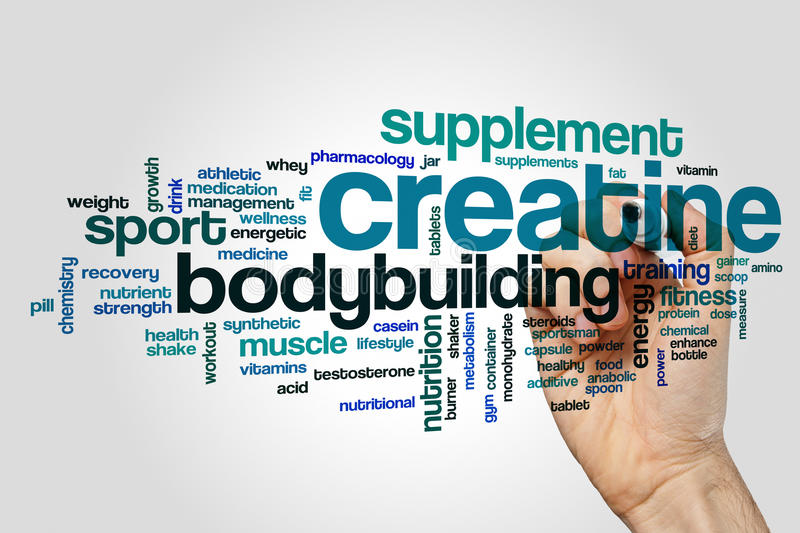You may be dealing with some problems regarding Creatine supplementation. What is Creatine supplement? How is Creatine used?
How Safe is Creatine? When to take Creatine? How much Creatine should I take?
Today you may get better Creatine supplements such as Creatine powder, tablets, energy bars, and drink mixes to enhance your Muscle mass, Performance, Health and Fitness.
What is Creatine Supplement?
Creatine is a most famous Organic and natural substance, It is commonly Originated from Protein-rich foods like soy foods, Meat, Eggs, and Sea foods.

Creatine turns into Creatine phosphate in the body, It enhances performance and Muscle mass, Creatine helps to make ATP called ” Adenosine triphosphate” It provides energy to Muscles.
Part of the reason for creatine’s popularity might be its accessibility. Creatine powder, tablets, energy bars, and drink mixes are available without any doctor’s prescription. They are safe to consume, available in medicine stores, supermarkets, nutrition stores, and over the Internet.
How is Creatine Used?
Creatine is thought to improve strength, increase lean muscle mass, and help the muscles recover more quickly during exercise.
Creatine was first discovered by a French scientist, Chevreul, in 1835. In the year of 1970 first research trials occurred to enhance Physical fitness and body mass. Soviet scientists knew that creatine supplements improved performance, and it contributed to the USSR’s Olympic dominance through the 70s and 80s.

In the year 1990 It became the most popular supplement among hockey players, Professional athletes, football players, bodybuilders, high jumpers gymnasts, swimmers, runners and wrestlers.
Scientific research on creatine has been mixed. Although some studies have found that it does help improve performance during short periods of athletic activity, there is no evidence that creatine helps with endurance sports.
This Muscular boost may help athletes achieve bursts of speed and energy, especially during short bouts of high-intensity activities such as weight lifting or sprinting.
Researchers also found that Creatine supplementation also helpful for treating certain health conditions caused by weak muscles:
- Neuro-muscular disorders.
- Muscular dystrophy.
- Heart failure.
- Huntington’s disorders.
How Safe is Creatine?
Actually, Creatine is an Organic Substance. Scientists still don’t know about the impact of consuming Creatine, Especially Adolescents who consume Creatine without any doctor’s Consultation. It can lead by taking more than suggested dose. If you do take creatine, drink more water to prevent dehydration. These doses are usually approved by the FDA, These Doses are not similar for all individuals.
Taking a super dose of 20,000mg of creatine for four or five days is safe but unnecessary, says nutrition adviser Chris Mohr. Research suggests that your strength gains will catch up after 30 days. For a consistent strength boost, go steady.
In some rare condition, especially when taken in excess can cause some side impacts can includes:
- Fever.
- Headache.
- Nausea, vomiting.
- Weight gain.
- Diarrhoea.
- Fatigue.
- Liver damage.
- Abdomen upset.
- Kidney problems.
- Anxiety.
- Breathing difficulty.
- Rashes.
When To Take Creatine?
As with everything health and fitness, there are multiple camps when it comes to taking creatine before, during and after a workout.
Creatine Before a Workout: Generally, the case for taking creatine during a workout is built on ATP (adenosine triphosphate) an organic chemical that contributes to cellular energy and muscle contractions. When supplementing with creatine, you’ll be taking on more ATP around your muscle cells. More ATP equates to more efficient muscle fiber activation and, obviously, better gains.
Creatine, Whenever You Want:
Like a healthy quantity of protein, there’s no real downside to taking a health supplement like creatine that stimulates muscle development and muscle stability without any side impacts.
Creatine After a Workout: Thankfully, this is a more reasonable strategy. After an exercise, your muscles are weakened and are, particularly, gagging for a payload of nutrients to start restoring and building more muscle.
You Can Also Read
Every aspect you want to know about Muscleblaze Creatine Monohydrate.
9 Beatles; Health and performance advantages of Creatine supplements.
The Phases of Creatine Supplementation?
There are 3 phases to Taking a creatine supplement. The 3 phases are very significant to obtain the best results.
- HhLoading phase: It is the initial phase, consuming about 10 to 20 gms of creatine per day. It lasts for 6 to 7 weeks. In this phase, creatine onsets to deposit in the muscles
- Maintaining phase: It is the next phase, taking about 3 to 10 gms per day to get better results. It lasts for 2 to 3 weeks.
- Pause phase: It is the final phase, there is no creatine supplementation is required.
Health Line:
Creatine is a popular supplement that’s taken essentially for its ability to enhance athletic performance. However, Creatine is also utilized for other health benefits of ageing and brain functions.

